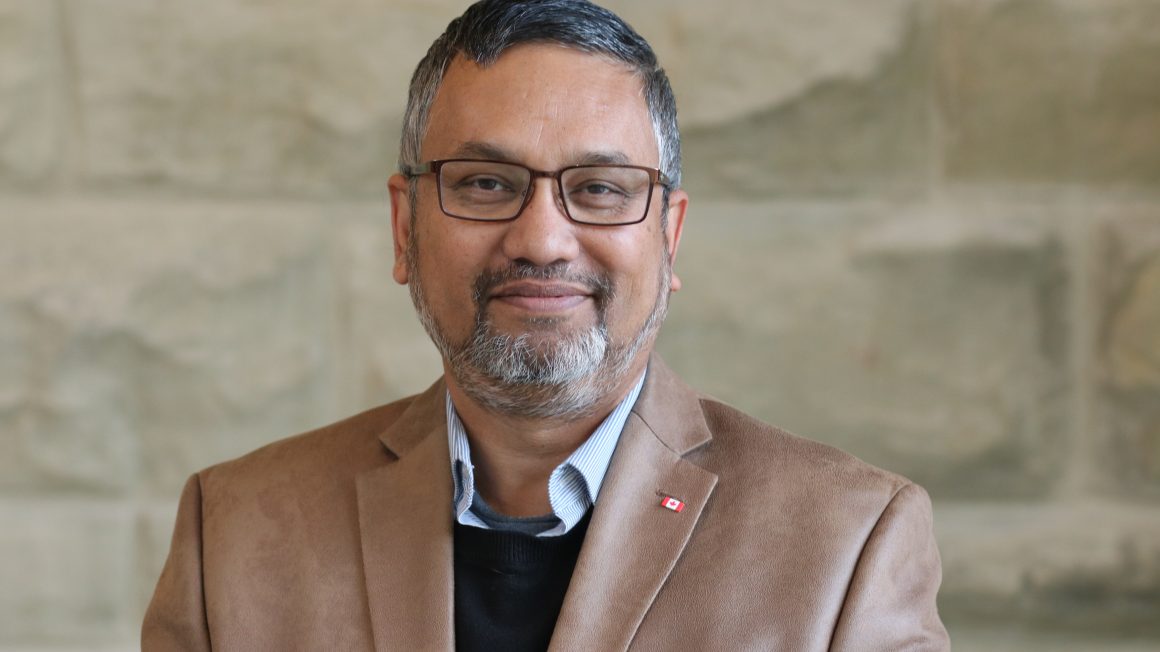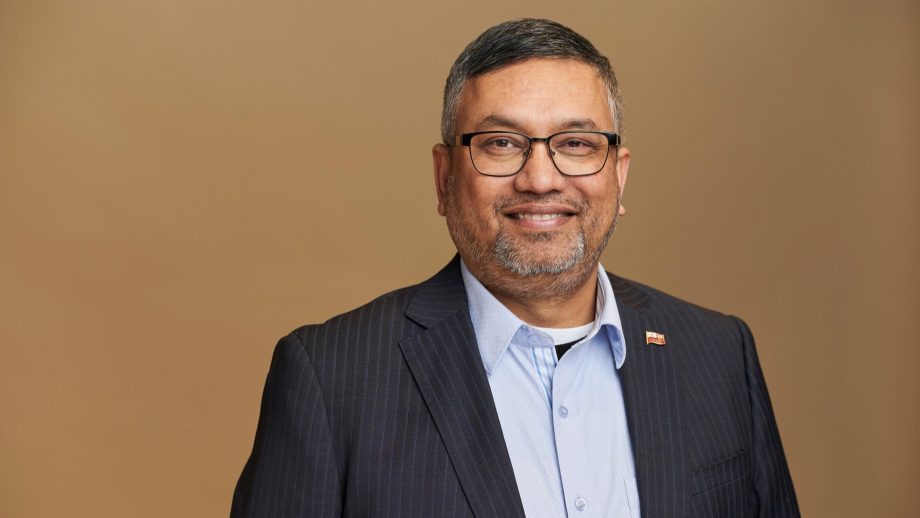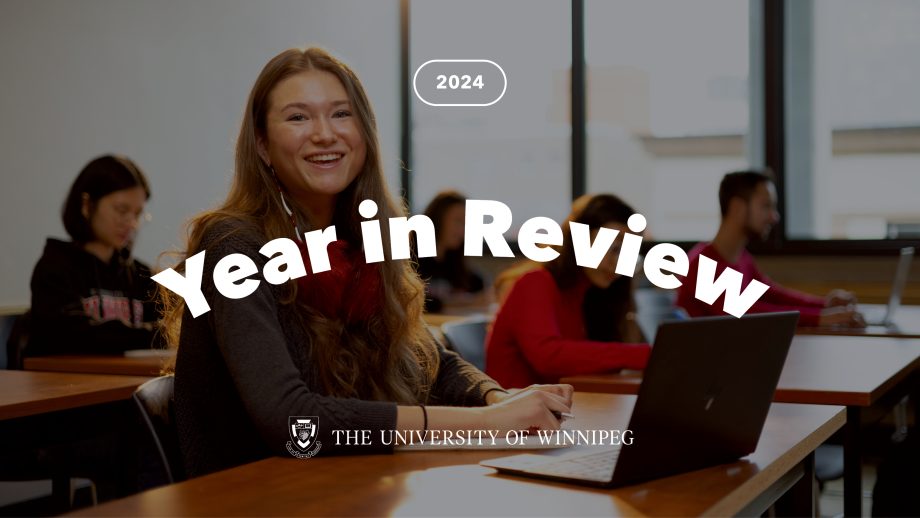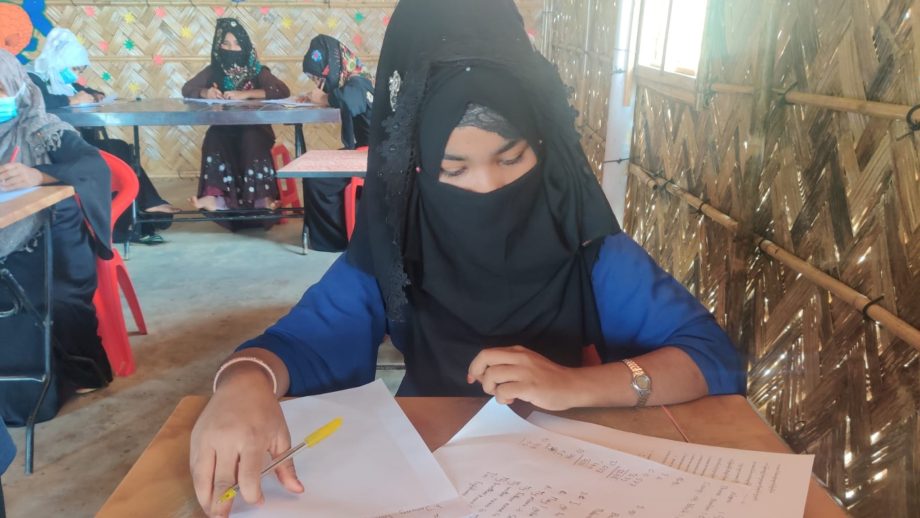Radicalization of youth leading to violent extremism is an urgent problem.
To help mitigate the risks of violent radicalization among youth within our communities, University of Winnipeg political scientist Dr. Kawser Ahmed will lead a coalition of educators, experts, and community members to develop resources that will help counter the radicalization of youth to violence in Manitoba schools and in the greater community. This is made possible thanks to a Community Resilience grant from Public Safety Canada.
The core objectives of the project are to develop a model for pedagogical intervention to counter radicalization and to create tools and resources needed to implement policies and practices in Manitoba’s public, private, and faith-based schools, from Kindergarten to Grade 12.
While the project focuses specifically on the threat of radicalization in Manitoba, the tools and resources will be of practical use to educators and organizations across Canada.
In recent years, we’ve seen a significant number of adolescent youth in Manitoba and other regions of Canada become radicalized to the point of violence. It is at our peril that we ignore this reality.
Dr. Kawser Ahmed
According to Ahmed, the over-arching goal of the project, “is to raise awareness and create resources for teachers, parents, and community members to help them recognize the warning signs in youth, and to take steps to mitigate radical behaviour before it happens.”
He added that “a very capable coalition of local experts has already come together, and participants are very committed to this important initiative.”
Other project objectives include raising public awareness about the perils of radicalization, facilitating dialogue among key stakeholders, and acting as a hub to facilitate grassroots intervention programs in Manitoba.
“In recent years, we’ve seen a significant number of adolescent youth in Manitoba and other regions of Canada become radicalized to the point of violence,” said Ahmed. “It is at our peril that we ignore this reality.”
An interactive website for use by educators, parents, and community members is already under development and a team of educators has begun working on a teacher toolkit.
All resources will be vetted at key stages with stakeholders, including educators, academic experts, policy makers, community activists, and law enforcement officers, as well as individuals and organizations across Canada, working in the area of anti-radicalization.
“The resources developed in this project will ultimately be about the promotion of social justice,” said Ahmed. “I am confident they will have the potential to contribute to a more peaceful, safe, and inclusive society – a society free from fear, hatred, and violence.”
Ahmed completed his Social Science and Humanities Research Council of Canada’s postdoctoral fellow at UWinnipeg in 2019. He currently leads a Winnipeg based research think tank – Conflict and Resilience Research Institute Canada (CRRIC), which is now affiliated with the Global College, and he is a Rotarian.
He received his PhD in Peace and Conflict Studies from University of Manitoba in 2017. He was an exchange officer with the Turkish Armed Forces (TSK), an observer-peacekeeper to the United Nations Missions in Western Sahara (MINURSO), and an alumnus at the Near East South Asia Center for Strategic Studies (NESA) in Washington, DC.





